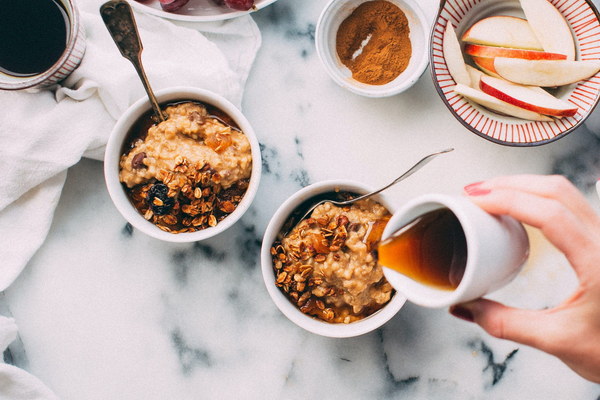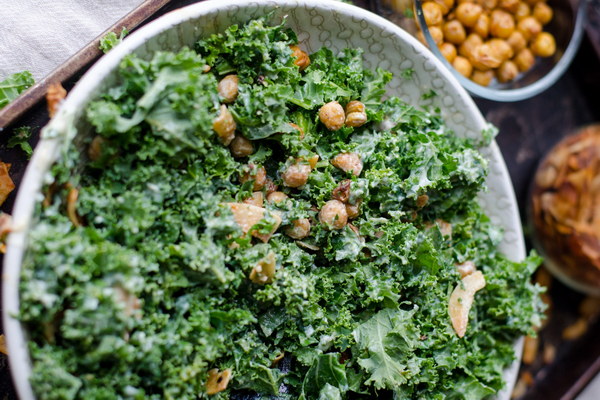Navigating Guangdong's Humid Climate Effective Strategies to Ward Off Dampness
Guangdong, known for its subtropical climate, boasts a rich tapestry of lush landscapes, vibrant culture, and, of course, its notorious humidity. The region’s damp and humid weather can lead to discomfort and, more seriously, health issues like dampness-related conditions. This article aims to provide practical strategies to help residents and visitors alike navigate Guangdong’s humidity, keeping both body and mind in balance.
Understanding Dampness in Guangdong

Before delving into the remedies, it’s essential to understand what dampness is and how it affects the body. In traditional Chinese medicine, dampness is a concept that refers to excess fluid or moisture within the body, which can lead to a range of symptoms, including fatigue, bloating, and weight gain. In Guangdong, the humid climate can exacerbate dampness, making it crucial to take preventive measures.
1. Stay Hydrated
Hydration is key to combating dampness. Drink plenty of water throughout the day to flush out toxins and maintain your body’s fluid balance. However, avoid cold drinks, as they can further chill your internal organs and worsen dampness.
2. Eat Warming Foods
A diet rich in warming foods can help combat dampness. These include ginger, garlic, cinnamon, and turmeric, which all have thermogenic properties. Incorporate these spices into your cooking to stimulate your metabolism and improve digestion.
3. Stay Warm
Dress in layers to stay warm and dry. Opt for breathable fabrics like cotton and wool, which can absorb moisture without becoming damp. Avoid synthetic materials, which can trap sweat and lead to dampness.
4. Exercise Regularly
Regular exercise is essential for maintaining a healthy body and mind. However, it’s crucial to choose the right activities and times. Engage in moderate exercise, such as walking, swimming, or cycling, during cooler parts of the day, like early morning or evening, to avoid overheating and sweating excessively.
5. Use Aromatherapy
Aromatherapy can be a great way to combat dampness. Essential oils like eucalyptus, peppermint, and tea tree oil have antiseptic and decongestant properties, which can help alleviate dampness-related symptoms. Diffuse these oils in your home or apply them topically with a carrier oil.
6. Create a Damp-Free Environment
Maintain a dry and well-ventilated home to reduce dampness. Use dehumidifiers to remove excess moisture from the air and prevent mold growth. Ensure that your home is properly insulated and that windows and doors are sealed to prevent moisture from entering.
7. Practice Yoga and Meditation
Yoga and meditation can help balance your body and mind, reducing the impact of dampness. Focus on poses that stimulate the lymphatic system, such as twists and forward folds, to aid in the elimination of excess fluid. Additionally, meditation can help manage stress, which can exacerbate dampness-related symptoms.
Conclusion
Navigating Guangdong’s humid climate can be challenging, but with the right strategies, you can effectively combat dampness and enjoy the region’s beauty and culture without discomfort. By staying hydrated, eating warming foods, staying warm, exercising regularly, using aromatherapy, creating a damp-free environment, and practicing yoga and meditation, you can maintain a healthy body and mind, no matter the weather.









